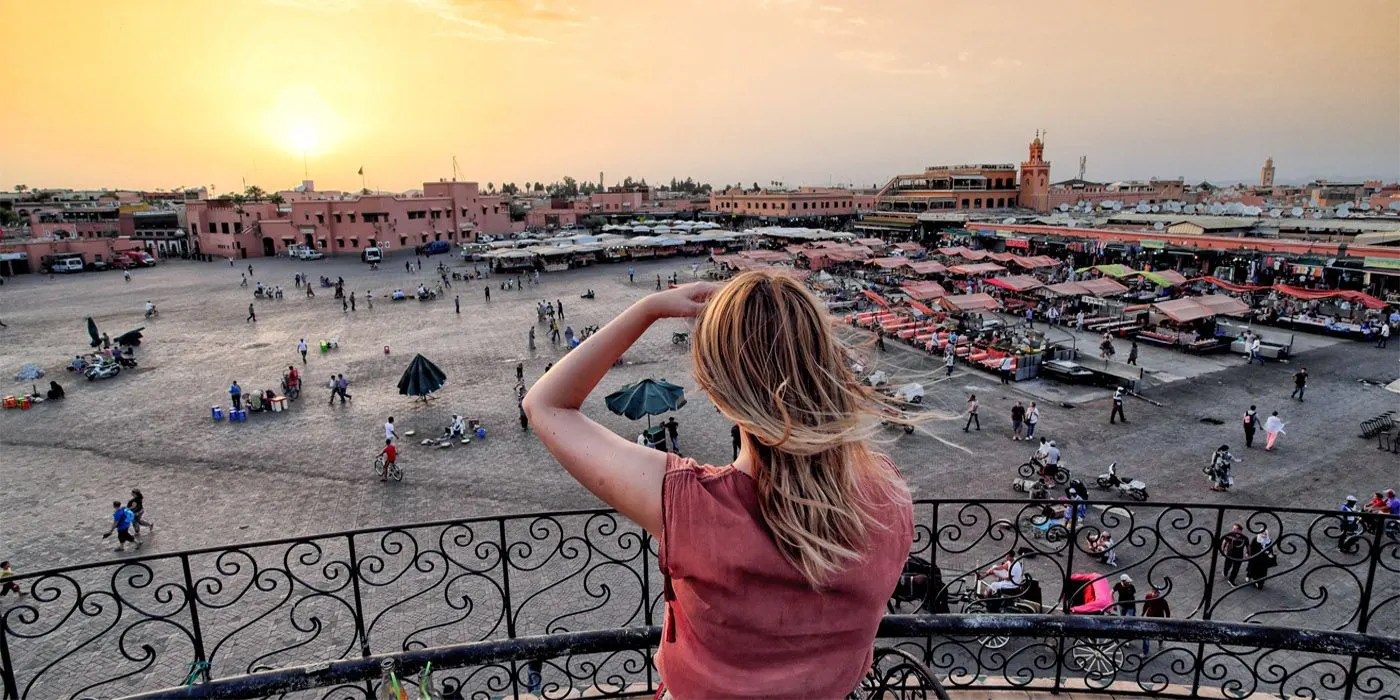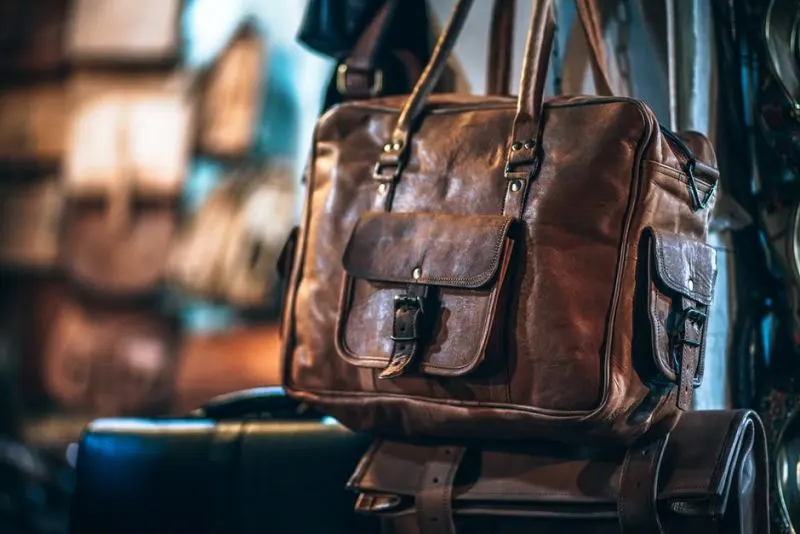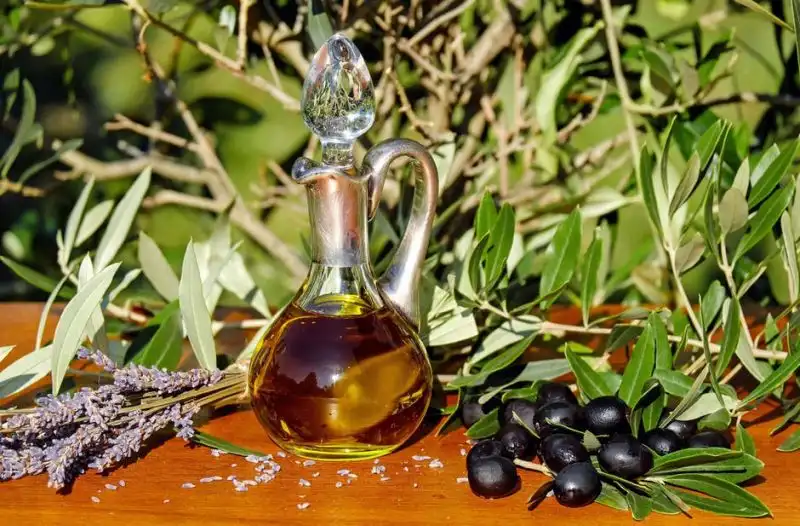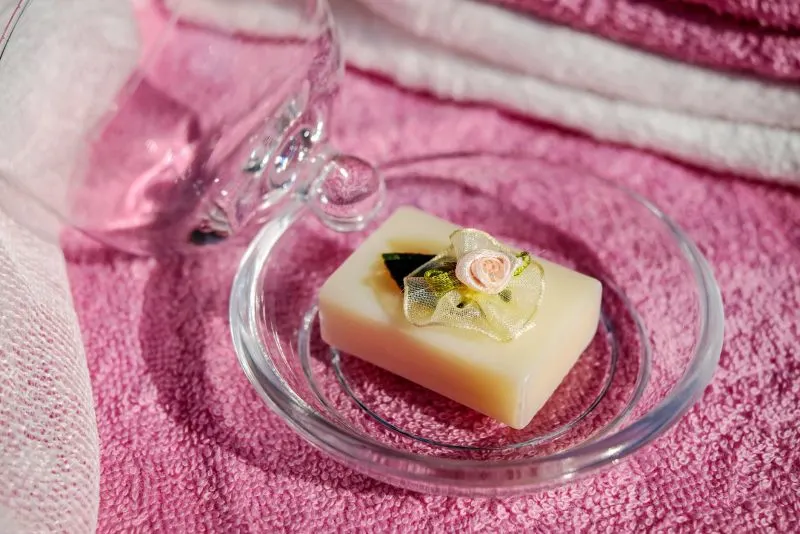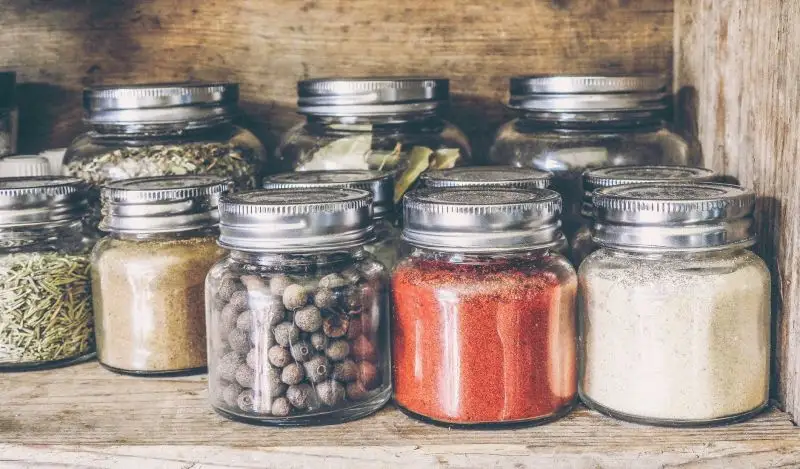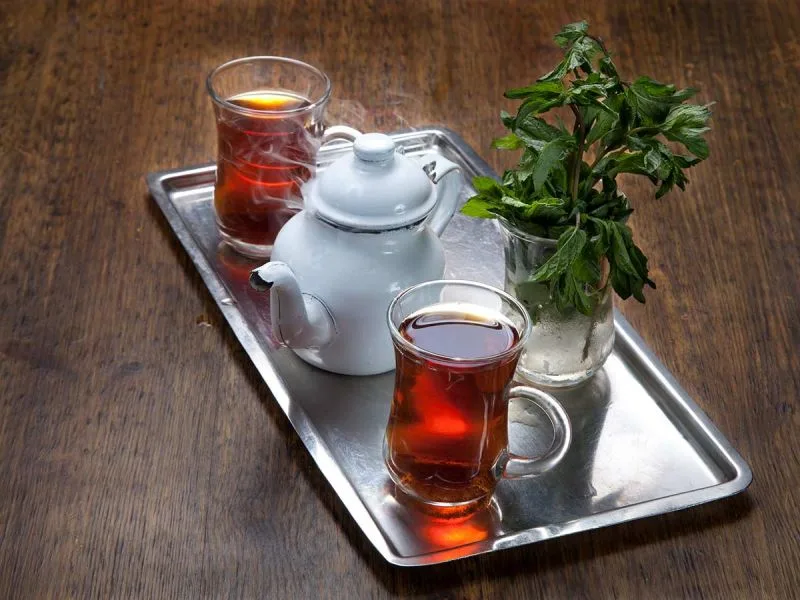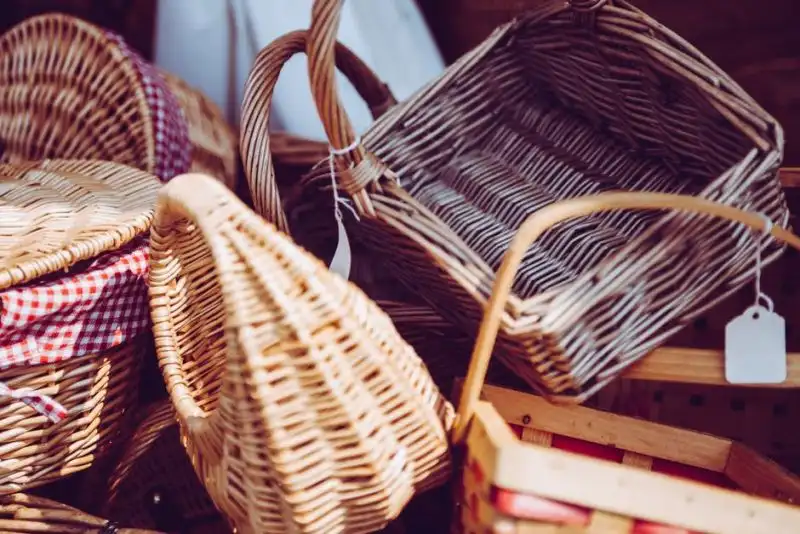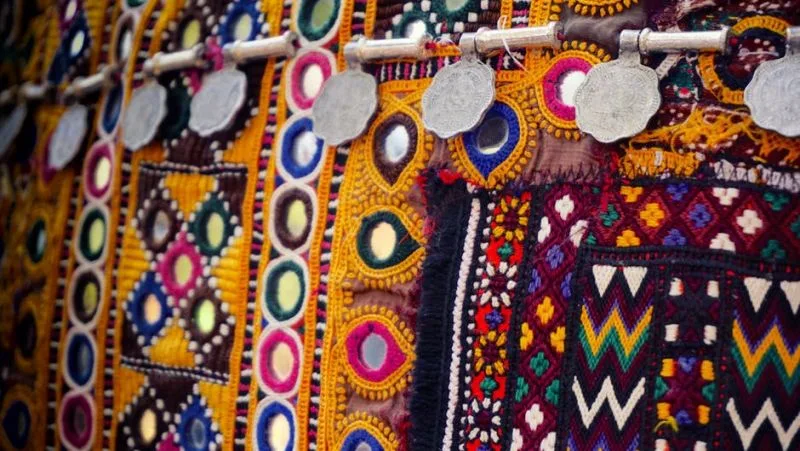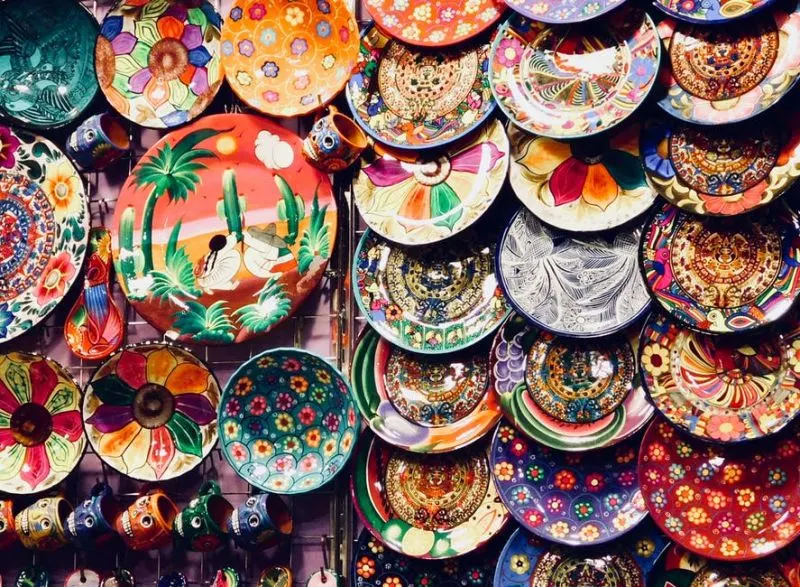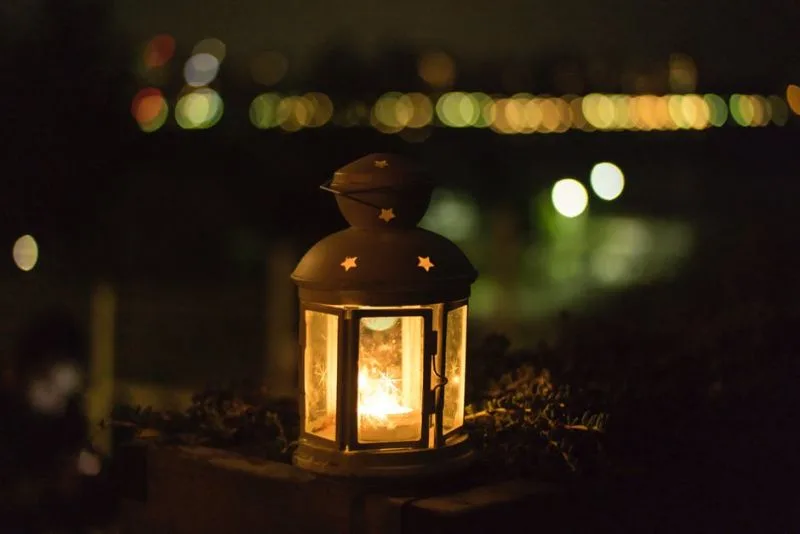Morocco is world-renowned for its handicrafts: artisanal soaps, woven baskets, traditional carpets, leatherwork, and more. If you found the most inviting Reasons to visit Morocco, We strongly suggest wandering Morocco Travel Tips, to explore its labyrinthine markets in search of distinctive handmade souvenirs during your shopping among the most interesting Things to do in Morocco.
-
Traditional Moroccan Leather products
-
Moroccan Hair Care: Argan oil products
-
What spices to buy in morocco
-
How To Drink Mint Tea Like A True Moroccan
- Berber baskets

